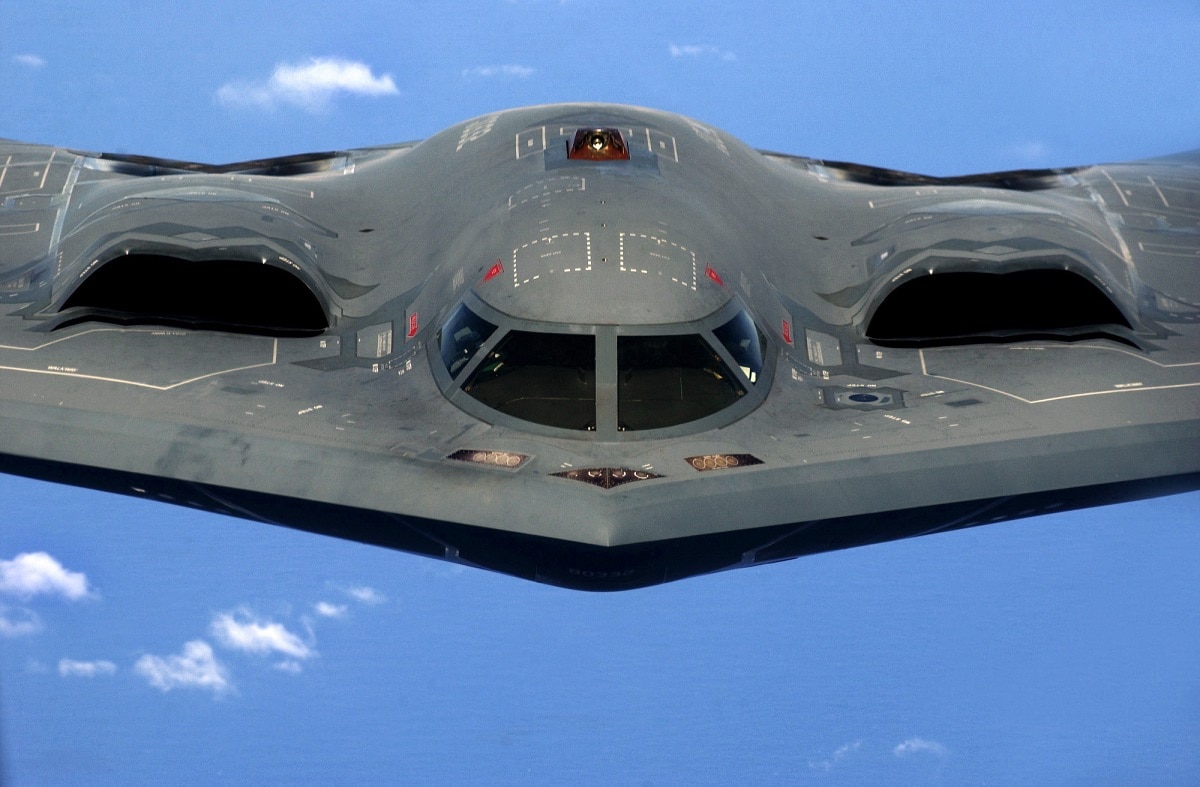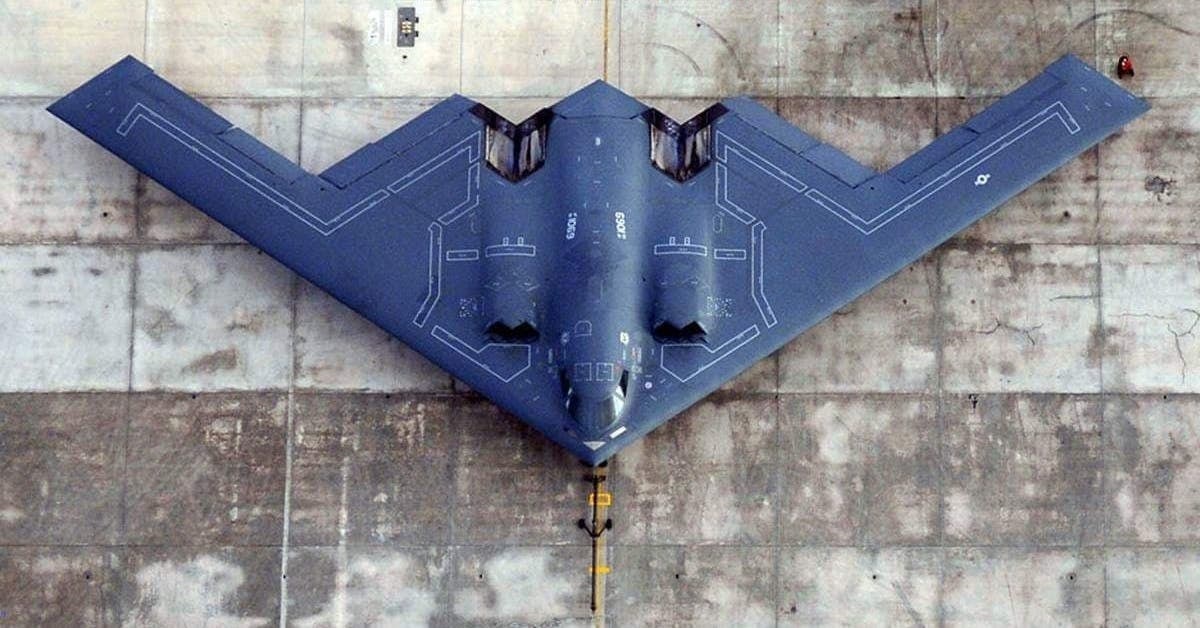Washington is once again debating whether to declare that it will never be the first to use nuclear weapons. There are good reasons why it should. But it would not be right to suggest that a no-first use policy would cost the United States nothing strategically.
On the contrary, it would be a grave step. That does not mean it should not be taken — it should. But the consequences need to be fully understood for the wisdom of a no-first use policy to become clear.
Those who oppose no first use have a key fact on their side. In some circumstances, threatening to launch a nuclear attack can deter an adversary when conventional forces cannot. It worked when US and NATO conventional forces had little chance of defeating a Soviet invasion of Western Europe during the Cold War. What deterred Moscow from invading was Washington’s clear threat to use nuclear weapons first to stop Soviet tanks.
It is widely assumed that US conventional forces have since become vastly superior to everyone else’s, so they no longer need to rely on nuclear threats to prevail. This is the key argument for adopting a no-first use policy today.
Yet US superiority in conventional warfare is a myth. Washington’s conventional forces have ‘global reach’ — an unmatched capacity to project armed force to battlefields far from the United States itself. But they cannot deploy enough force to distant battlefields to defeat a major power like Russia or China fighting on its own doorstep.
Washington can no longer expect to win a conventional war in the Western Pacific over, say, Taiwan against China’s vastly improved maritime forces. At best it would achieve a costly and inconclusive stalemate, an outcome that Washington could only hope to break by threatening nuclear attack.
Making such a threat is not explicit in US policy today, but without the capacity to make it there seems no way for the United States to win a war over Taiwan, and it will thus become harder to deter China from attacking Taiwan. This is a throwback to the Cold War.
But that doesn’t settle the argument over no first use, because nuclear threats will only deter China if they are credible — credible in the face of China’s threat to retaliate against any US nuclear attack on China with nuclear attacks on the United States. If threats to go nuclear are not credible, there is no point in keeping the option open.
This is not a new problem. During the Cold War Washington had to convince the Soviets that the United States would use nuclear weapons to defend Western Europe when it was virtually certain that the Soviets would retaliate with nuclear strikes against the US homeland. It did so by convincing the Kremlin that Washington believed defending Western Europe was essential to the defence of the United States itself.
Can Washington do the same now? Can it convince Beijing that the United States sees the defence of Taiwan in the same way it saw the defence of Western Europe during the Cold War? The answer is almost certainly no, partly because Americans themselves do not argue that way — and partly because it is so evidently not true.
The stakes over Taiwan are high, but not that high. Its defence is vital to preserve Washington’s role as the leading power in Asia, but not to the defence of the United States itself. That means it cannot credibly threaten to fight a nuclear war — and risk nuclear attack on US cities — to defend Taiwan.
Some may argue that US nuclear threats nonetheless remain credible because China’s retaliatory threats are not credible, thanks to America’s ability to destroy Chinese warheads before they reach their targets, and to launch massive counter-retaliatory strikes that would deter Chinese retaliation.
But some Chinese warheads would probably survive US pre-emptive strikes and penetrate its missile defences to reach US cities. And no president could be sure that Beijing would not be willing to risk US counter-retaliatory strikes when the stakes for them are so high — just as Washington was willing to risk Soviet nuclear retaliation in the Cold War. The risk of Chinese retaliation remains very real, and the credibility of US threats to use nuclear weapons first is correspondingly low.
That alone is good reason for Washington to abandon the first use option, and it leads into an even better reason. The heated debates over no first use show how firmly many people in Washington still believe that US threats to use nuclear weapons first against China are credible. That leads them to overestimate Washington’s chances of using first use threats to prevail in a war with China, despite the ever-dwindling chances of winning with conventional forces.

A U.S. Air Force B-2 Spirit “Stealth” bomber, 393rd Expeditionary Bomb Squadron, 509th Bomb Wing, Whiteman Air Force Base, Mo., flies over the Pacific Ocean after a recent aerial refueling mission, May 2, 2005. The Bombers are deployed to Anderson Air Force Base, Guam, as part of a rotation that has provided the U.S. Pacific Command a continous bomber presence in the Asian Pacific region since February 2004, enhancing regional security and the U.S. commitment to the Western Pacific. (U.S. Air Force photo by Tech Sgt. Cecilio Ricardo) (Released)
This overestimation poses a real and present danger that the United States will start a war with China it cannot win. It would then confront a choice between accepting defeat or making good on its threats by starting a nuclear war — a true disaster.
The best reason for Washington to adopt a no-first use policy is therefore to help US decision-makers understand the limits of US power and adjust their plans and ambitions accordingly.
Hugh White is Emeritus Professor at the Strategic and Defence Studies Centre, The Australian National University.

